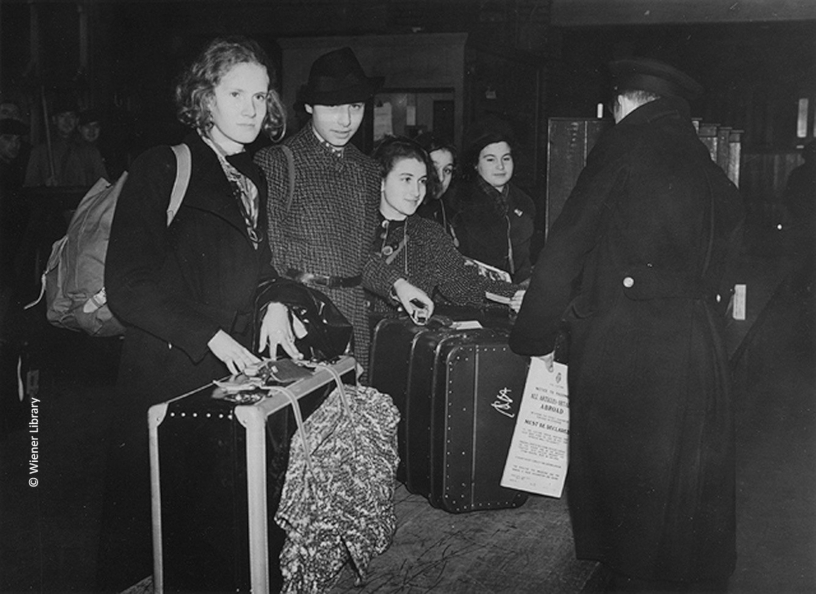In place of hatred, sow seeds of love
On international Holocaust Memorial Day Quakers across Britain will join commemorative events to remember each life lost and to honour all those who survived.

Paul Parker, Recording Clerk for Quakers in Britain, says, "We must all learn lessons from the past to create a safer, better future. Remembering the millions of mainly Jewish people who perished in the Holocaust, under Nazi persecution and in the genocides which followed in Cambodia, Rwanda, Bosnia and Darfur, must stir us to protect vulnerable communities in our world today.
"Our Quaker faith reminds us that there is that of God in all people. Where there is hatred, we must sow the seeds of love, reconciliation and peace," he said.
Where there is hatred, we must sow the seeds of love, reconciliation and peace,
- Paul Parker, Recording Clerk
A national commemoration in London (27 January) will bring together the civic, faith and political leadership of the country, alongside survivors of the Holocaust and more recent genocides. Paul Parker will attend.
Holocaust Memorial Day Trust (HMDT) promotes and supports Holocaust Memorial Day (HMD) to remember the six million Jews murdered during the Holocaust, the millions of people killed under Nazi Persecution and in subsequent genocides in Cambodia, Rwanda, Bosnia and Darfur.
Holocaust Memorial Day (HMD) takes place each year on 27 January, the anniversary of the liberation of Auschwitz-Birkenau, the largest Nazi death camp.
Launching resources for local events, HMDT said, "The Holocaust threatened the fabric of civilisation, and genocide must still be resisted every day. Our world often feels fragile and vulnerable and we cannot be complacent. Even in the UK, prejudice and the language of hatred must be challenged by us all."
Torn from home
The theme for HMD 2019: 'Torn from home' encourages audiences to reflect on how the enforced loss of a safe place to call 'home' is part of the trauma faced by anyone experiencing persecution and genocide. 'Home' usually means a place of safety, comfort and security.
Quakers and the Kindertransport
As Europe headed for war, Jewish families fled persecution in Nazi-occupied lands. By 1939, more than 60,000 Jewish refugees had left their homes and come to the UK. Quakers worked with others to persuade the UK government to accept 10,000 unaccompanied children, rescuing them on trains in a unique humanitarian operation known as the Kindertransport. Many of the children's families perished in the death camps.